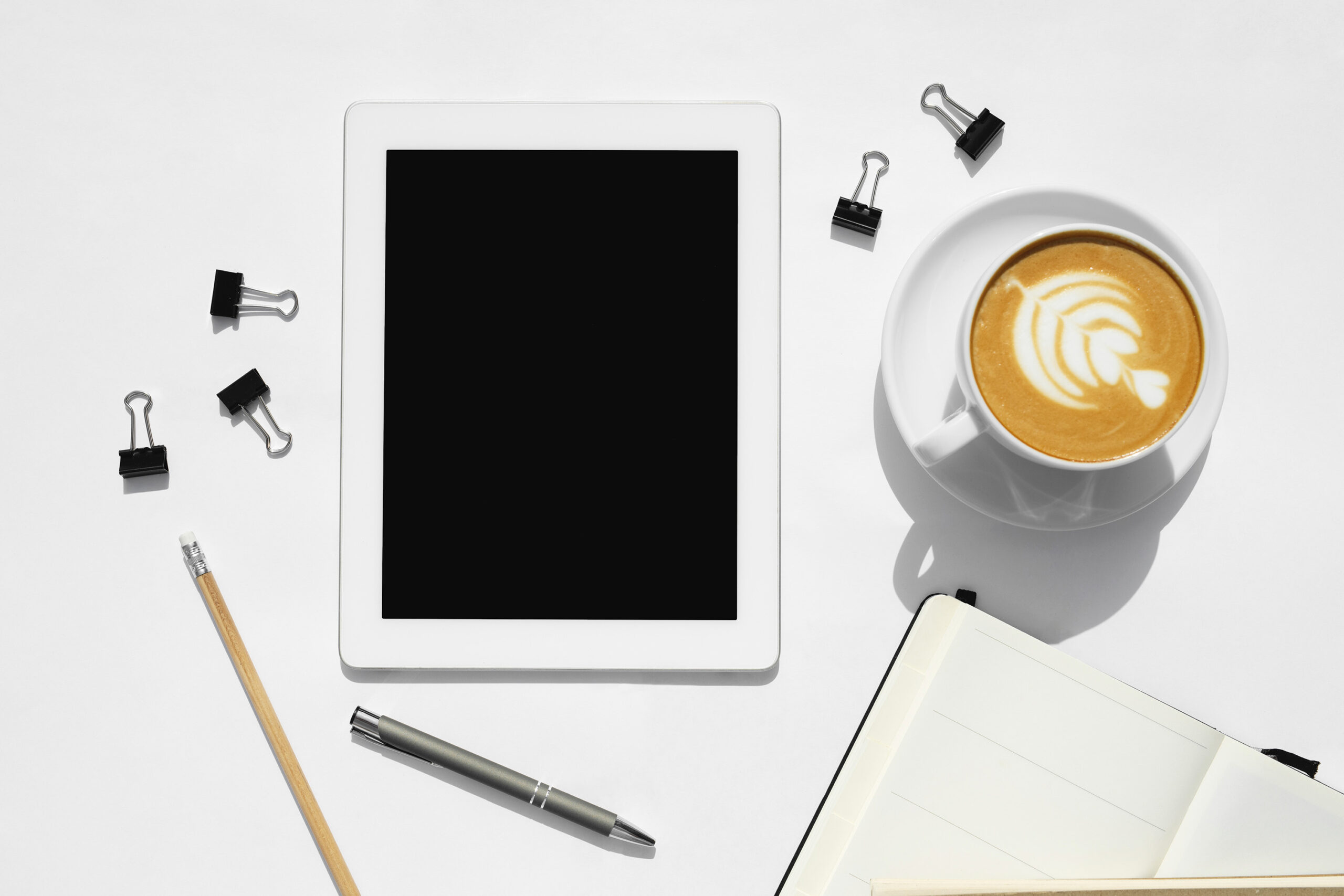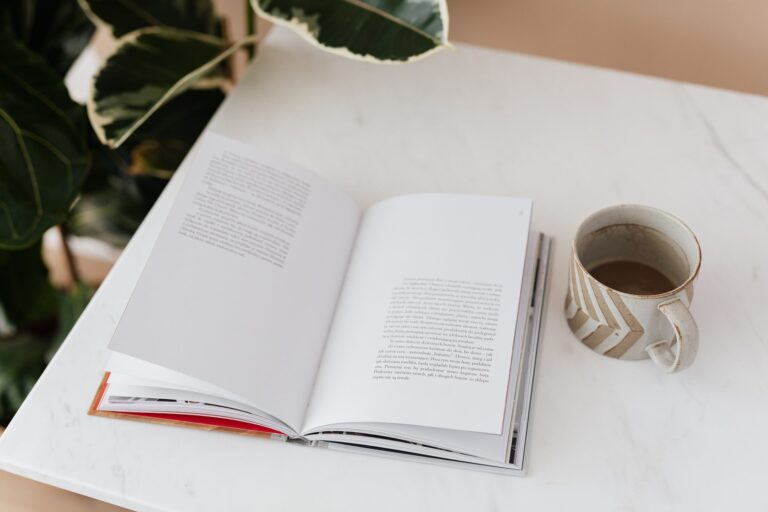9 Unexpected Benefits of Routines for Your Health, Your Mind, and Your Family
This post may contain affiliate links, which means I’ll receive a commission if you purchase through my links (at no extra cost to you). Please see my disclosure for more information.
There are all sorts of articles out there regarding children and routines and how they function better and are happier and more well-adjusted. Did you know that the same goes for adults?
When you’re drowning in tasks and responsibilities and everything feels chaotic and out of control, routines provide a sense of reliability. And the structure of a routine reduces the likelihood of overwhelm and burnout.
Routines are a way to manage all that’s required of you, and, better yet, they leave you with time and energy to actually enjoy your life.
The good news? You probably already have a routine. The bad news, however, is that it probably isn’t as productive or satisfying as it could be.
With a solid routine in place, you’ll not only get stuff done, but you’ll also redirect time that would otherwise be wasted. The benefits of routines are limitless. You’ll feel more in control, and eventually you’ll even start to find some of your long lost energy again 🙂
What is a Routine?
A routine is “a sequence of actions regularly followed; a fixed program,” according to Oxford Languages.
Throughout your day, most of us do certain things at certain times or in a certain order. These habits form your routine.
Having a routine does NOT mean that your life is run by a clock or that you always do the exact same things in the same order every single day. It also doesn’t mean that you never get to be spontaneous or have fun.
Routines are simply patterns and rhythms that naturally occur in your day. Even the most relaxed mom has these patterns.
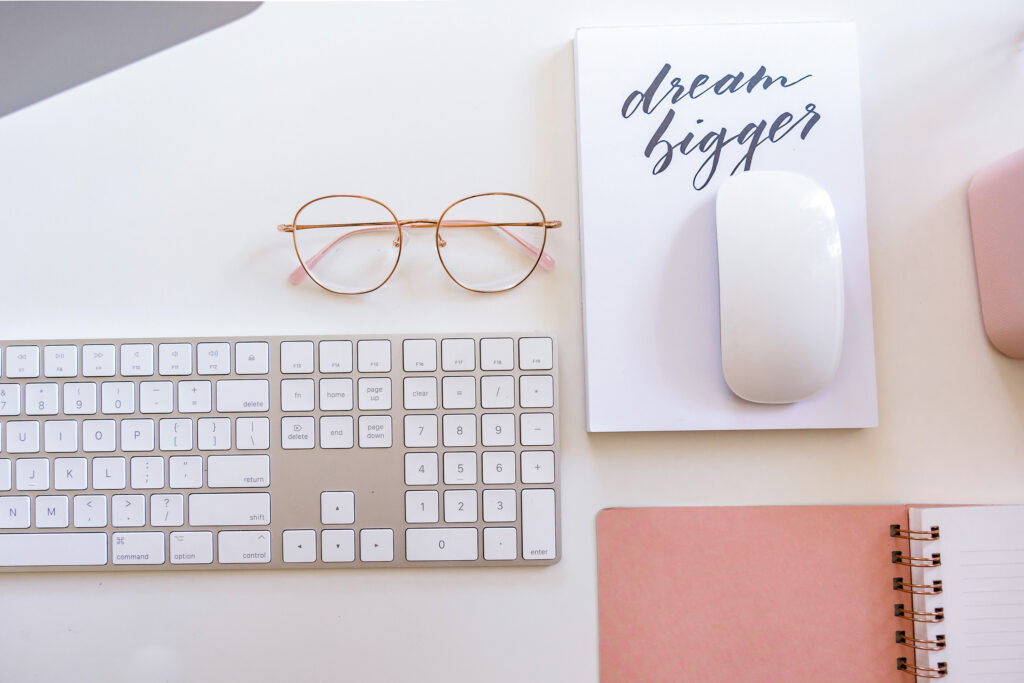

What’s the Difference Between A Routine and A Schedule?
A schedule is when you do the same things at the same time on a daily basis. It’s exact and can be very inflexible.
For example, if you always start a load of laundry at 9:00 a.m. on the dot, then clean the kitchen from 9:05 to 9:20, then read to your kids from 9:20 to 9:45… That’s a schedule.
There can be times when schedules are appropriate and necessary. But, for the most part, moms need mass amounts of flexibility during their days, especially because we’re dealing with some very unpredictable little humans in our homes.
I’ve tried to implement schedules before with my kids, and they were total fails, simply because they were too exact.
I can’t make my kids fall asleep at specific times. I don’t believe in waking them up before they’re ready. Sometimes they’d rather start their day with math instead of read-alouds. Sometimes *I* want to start their day with math instead of read-alouds.
That’s where routines come into play.
Think about brushing your teeth, for example. You probably brush your teeth in the mornings when you get up and right before you get into bed, right? Regardless of the actual time, you likely don’t have to think much about it because it’s just what you do.
My morning routine is to wake up, shower, and have coffee. The kids’ routine is to wake up, eat breakfast, and start school. Our school start time is sometimes 8:00, sometimes 10:00 – it all depends on wake-up and breakfast time. I don’t have a specific order for our subjects – the kids get to choose, and it’s different every day. I only know that we “do school” until around 1 or 2:00, then I clean up, then I work.
Routines are VERY flexible. They follow the whims and wishes of my family. They work because they’re activities and procedures done regularly, rather than the same things done in the same order at the same time. They’re still habits, and they’re still done nearly automatically.
How to Start A Routine
Choose a day and take note of the natural flow and patterns that you see. That’s a routine – you already have one, even if you don’t know it.
Decide what changes you want to add to your natural pattern, or what habits you want to create, and add them into your routine.
It helps new habits stick when you associate them with other things that you already do automatically – it’s called “habit stacking,” and it’s very effective.
It’s important to mention that routines aren’t something “extra.” Routines help you manage the things you already have to do so that you have leftover time and energy for the things you want to do.
See how the rest of your week feels if you make the effort to follow your newly adjusted routine every day.
If you like the changes that you see, keep going. It’s consistency, not perfection, that matters most.
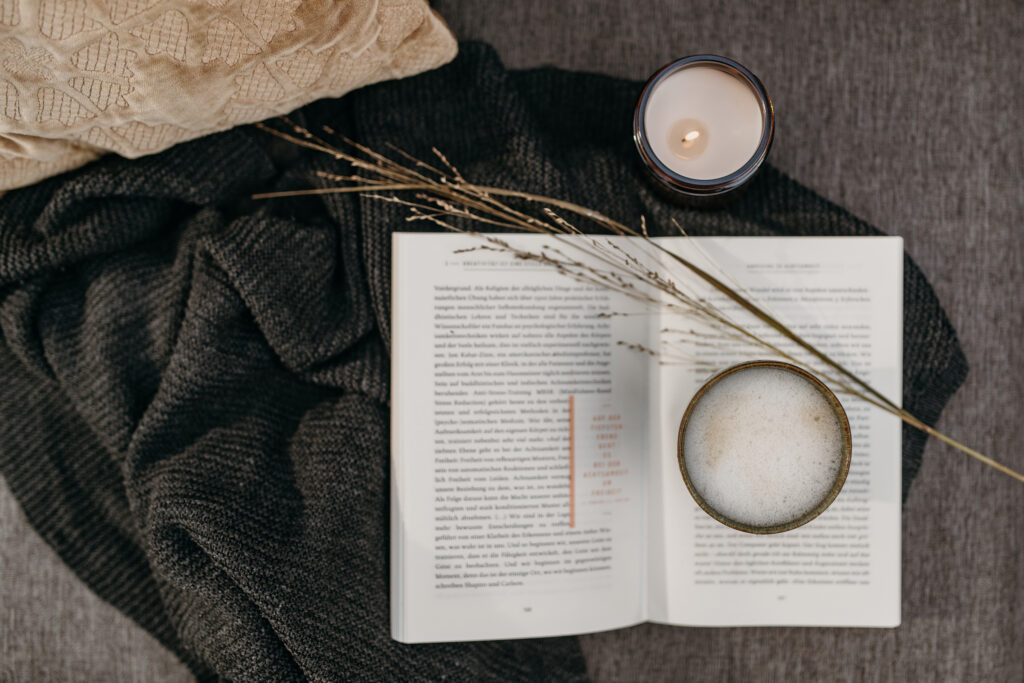

9 Benefits of Routines
Routines eliminate decision fatigue.
Moms think really hard every day. There are a lot of decisions to be made when you’re parenting and running a household.
When you have an efficient, effective daily routine, it reduces the constant need to make decisions. You’ll know exactly what tasks you need to do each day, and you’ll move through them without having to think too much about what you’re doing.
Decision fatigue is an idea that says the more decisions you make in a day, the less efficient your decision-making ability becomes – and eventually that ability completely poops out for the day.
This happens to me daily – usually right after dinner, I’m DONE for the day. I don’t want to think anymore – I just want to zone out on the couch until bedtime.
By removing small, unimportant decisions like what to eat for dinner, what to wear every day, or when you’re going to clean up the kitchen, you free up brain space, time, and energy that can be devoted to bigger decisions or things you enjoy.
Routines reduce procrastination.
When your tasks and activities become routine, they’re almost automatic. And when you’re automatically doing things, you’re less likely to procrastinate on those things.
For example, my morning routine involves a shower, coffee, and writing. By getting my writing done first thing in the morning, before the kids even get out of bed, it ensures that I don’t find excuses throughout the day not to get it done.
I sit down at my computer and get started without even thinking about it – I do it simply because it’s a habit that’s part of my routine. There’s no wiggle room for procrastination.
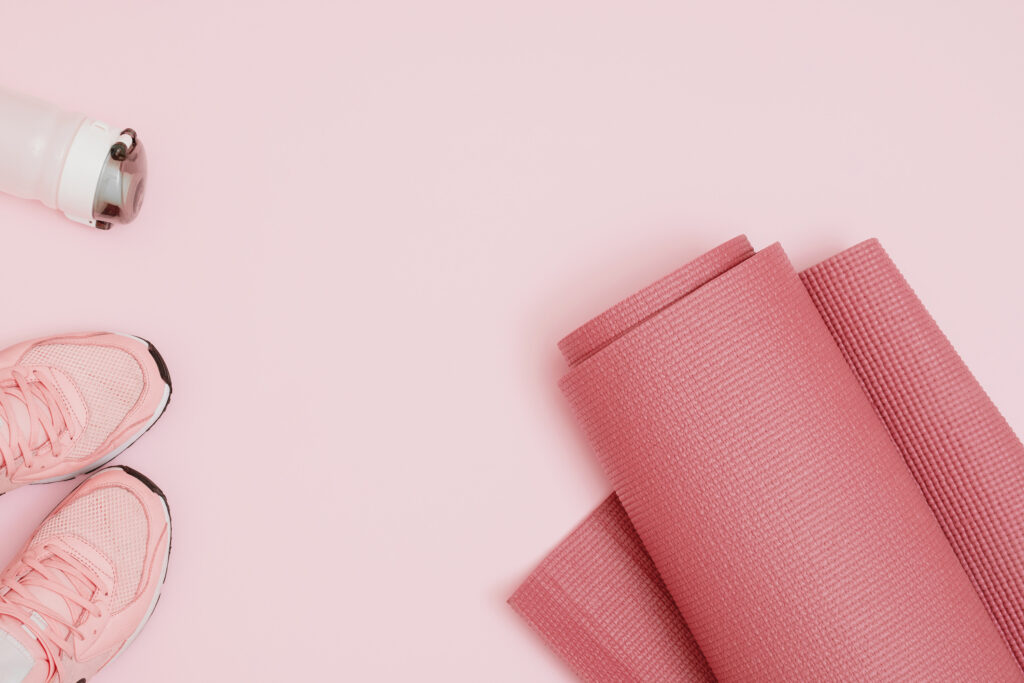

Routines encourage healthy habits.
If you’re trying to sleep more, drink more water, exercise, or eat cleaner, a routine can be the trick to make that happen.
As part of my routine, I usually get ready for bed right after I get the kids settled for the night. This way I’m going to bed around the same time every night, which is good for me and makes me easier to deal with the following day 🙂
There are a lot of people who exercise first thing in the morning because they know that stuff comes up during the day that may sidetrack their workout plans if they wait until later. This becomes part of their routine – wake up, get dressed, work out. Since the decision has already been made, they’re more likely to stick to their workout plan.
Most people who have these good habits in place do so as part of their routine.
Routines help your kids.
Kids love a routine. They don’t consciously understand this, but it’s true.
When they aren’t constantly wondering what’s coming next, their routines aren’t completely thrown off when you do keep them out later than normal one night or when you skip a nap one day.
A flexible routine brings a sense of control into their little worlds – they know what to expect and what comes next each day. It’s calming and comforting. It leads to more cooperative and happier children.
And happier kiddos lead to easier days and happier moms.
Routines increase productivity.
Productive people don’t waste time wondering what they’re going to do next. Each part of the day – chores, cooking, working, and family time – are all planned ahead of time.
It’s too easy for the day to take control of you when you’re a mom. So many fires come up that need to be put out, and it can feel like you never even get to your carefully crafted to-do list.
When you have a routine, you can add in time for cleaning, time for errands, and time for relaxing. It doesn’t matter if the kids are being particularly needy in the mornings – you’re able to pour time into them because you know that your time for chores is in the afternoon.
There’s no more worrying about what to cook for dinner, what days to wash the kids’ clothes, or whose turn it is to take out the trash when you have a routine in place – these routine tasks just get done.
Figuring out the natural flow of your days, including the natural flow of your kids’ moods, allows you to find the times when you can be productive and make the most of them.
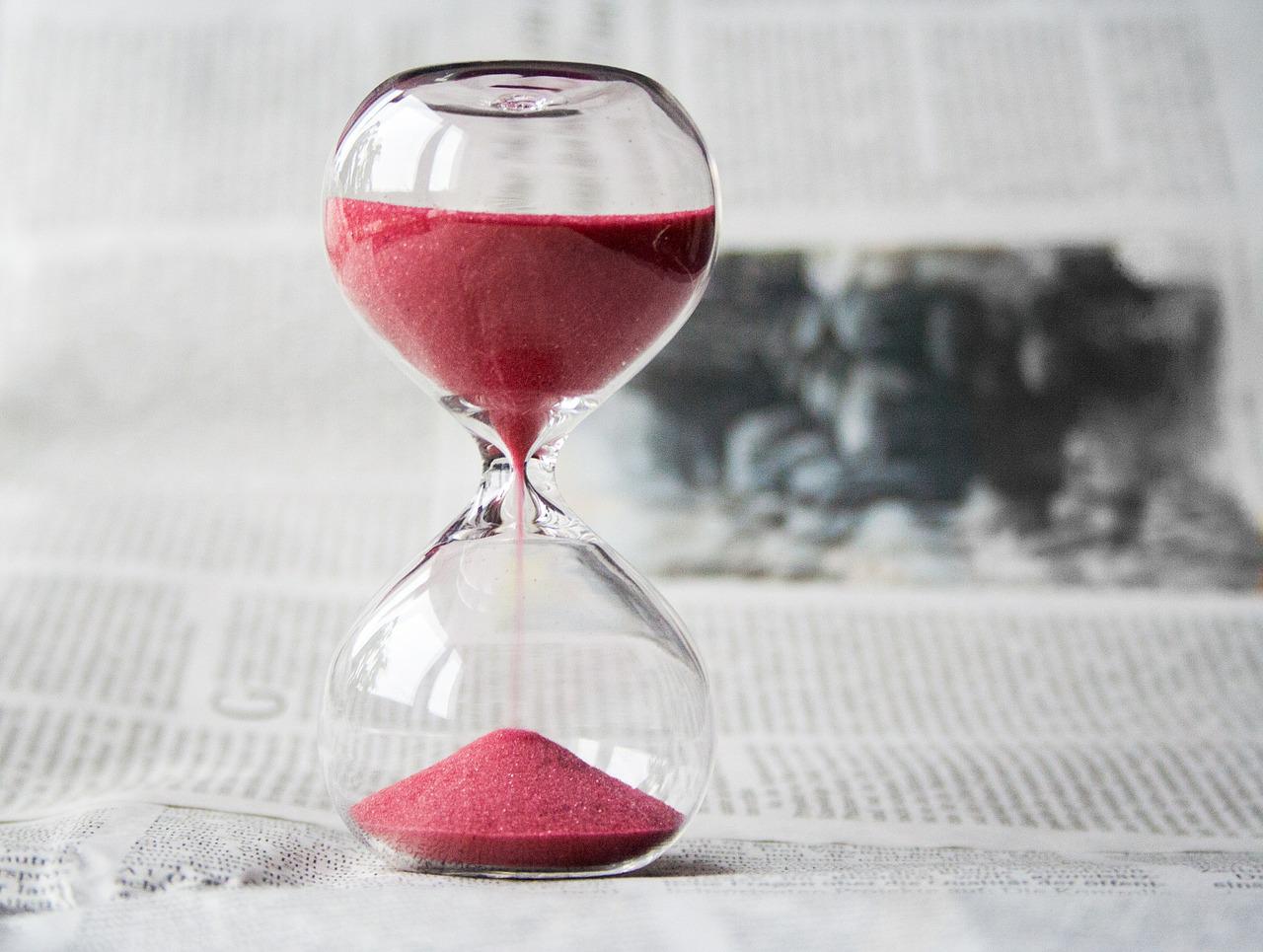

Routines save time.
It’s hard to believe, but following a routine, particularly with your chores and other daily tasks, actually provides you with more free time for hobbies, rest, or quality family time. Routines free up the time that you would typically spend on planning, decision-making, and preparation.
So much time is wasted in that transition time between tasks and activities when you either don’t know what’s coming next or when you have to decide what to do next. Since routines make you more efficient when it comes to performing certain tasks, you spend less time completing those tasks; therefore, you find extra time for special projects or activities you enjoy.
Routines help you reach your goals.
Successful people accomplish their goals by both making the time for them and by doing the same things over and over again. If you want to achieve your goals, you need plenty of time and brain power going directly toward them.
Whether it’s running a half-marathon, earning a degree, decluttering your entire house, or starting a business, when you have a routine, you can create time to work on your personal goals.
Once you create the time, you can break your goals down into smaller chunks that you can complete during the time that you set aside. These small steps make your big goals less overwhelming, which makes for an easier path to success.
Developing a routine is one of the best ways to accomplish your goals.
Routines are good for your mental health.
Just like kids, adults also thrive when they have a general daily routine in place.
I suffer from anxiety, and weekends used to be terrible for my mental health. I never felt well on the weekends – I always had stomach issues and just generally felt crappy. I’m better with weekends now, and I firmly believe that it’s because of my routine. Since having kids, my weekend routine pretty much the same as my weekday routine.
I don’t have to worry about what needs to get done – I still get up at the same time and eat around the same time. Even though we do more on the weekends, we still usually do the same things near the same times, like running errands, cleaning, and hanging out.
Don’t believe me? Studies show that having daily routines can help people with depression, anxiety, and bipolar disorder. When you’re in the depths of a depression cycle, your routine allows you to do many things on autopilot, so it takes less mental energy to convince yourself to do things like get out of bed or take a shower.
Not having to think or worry about what comes next has done wonders for my own mental health, so I’m a firm believer in routines for relief from anxiety. The predictability in my own daily routine greatly decreases my stress and anxiety, and I know it can do the same for you.
Routines help you prioritize.
This applies to both fun ideas you wish you could make time for as well as the daily grind of chores that keep a house running.
For example, I might be super stressed about things that I need to do and be tempted to stay home instead of taking my homeschooled kids out to play with friends. But getting the kids out for free play with friends is a priority. And because our weekly routine includes Friday Friend Day, it’s already been predetermined, so there’s no way that it will be skipped or missed unless there’s a very good reason.
By planning for it and adding it to my routine, I’ve made it a priority.


Routines help keep your days on track – they don’t mean that you’ve rigidly scheduled every single minute of every single day, but they do provide structure and stability to your days.
No matter who you are and what your personality type is, implementing a routine will have at least a few of the above-mentioned benefits for you and your family.
Do you have routines in your home? What have you found to be the main benefits? Leave a comment!

